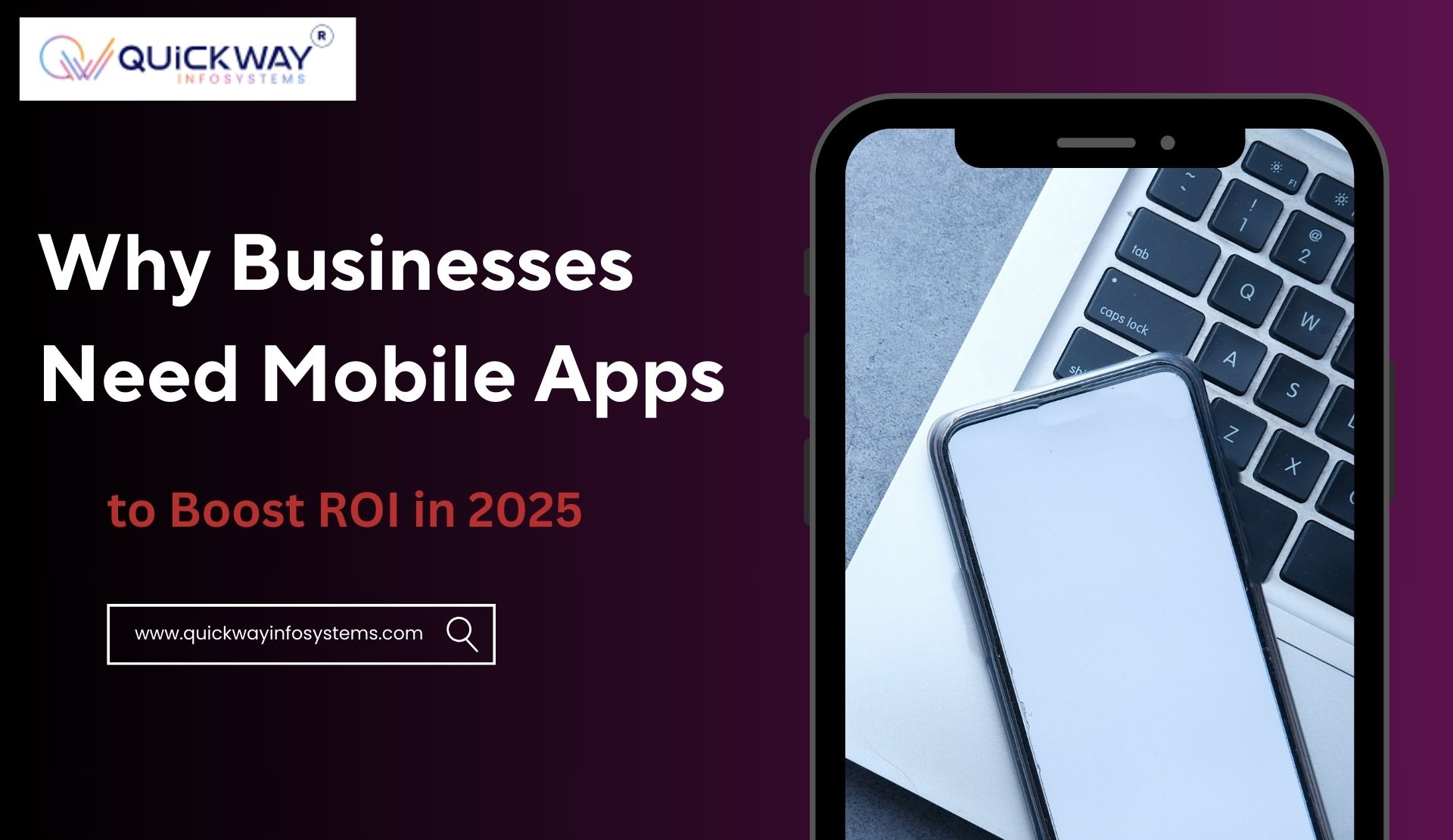
In 2025, mobile technology continues to reshape how businesses interact with customers, streamline operations, and generate revenue. With the global smartphone user base surpassing 7 billion, having a mobile presence is no longer optional—it’s a strategic necessity. Mobile app development has emerged as a powerful tool for companies looking to drive efficiency, improve engagement, and achieve sustainable business growth.
Let’s explore why mobile apps are critical to boosting return on investment (ROI) and how they contribute to long-term success in today’s competitive landscape.
1. Direct and Personalized Customer Engagement
One of the most valuable advantages of mobile app development is the ability to engage with customers in a direct, personalized way. Mobile apps allow businesses to send push notifications, offer customized recommendations, and deliver real-time updates. This level of personalization not only enhances the user experience but also increases customer retention and loyalty.
Apps create a dedicated channel of communication, where brands can gather user preferences, behavior, and feedback—enabling smarter decision-making that fuels business growth.
2. Improved Accessibility and Convenience
In a fast-paced digital world, convenience is king. Mobile apps allow users to access services, shop, book appointments, or interact with a brand from anywhere, at any time. Unlike websites, apps are optimized for mobile screens and offer smoother, faster experiences with offline capabilities.
This convenience encourages frequent usage, improves customer satisfaction, and significantly increases conversions—directly impacting ROI.
3. Enhanced Brand Visibility and Recognition
With consumers spending an average of 4 to 5 hours daily on mobile devices in 2025, having a well-designed app ensures constant brand exposure. The presence of your app icon on a user’s home screen serves as a reminder of your business, fostering brand familiarity and trust.
Through consistent UI/UX design, tone, and features, mobile apps strengthen brand identity and set you apart from competitors—contributing to long-term business growth.
4. Streamlined Sales and Revenue Generation
Mobile apps simplify the buying process by reducing friction points like load times, poor navigation, and limited payment options. With features like in-app purchases, mobile wallets, loyalty programs, and seamless checkout experiences, apps drive higher conversion rates.
Apps also support dynamic pricing models, flash sales, and geo-targeted promotions, which can trigger impulse purchases. These strategies maximize revenue and ROI while offering value to the customer.
5. Data-Driven Insights for Smarter Decisions
One of the greatest benefits of modern mobile app development is the ability to collect and analyze user data. Businesses can monitor app usage, feature interaction, session duration, and user journeys to gain valuable insights.
This data helps refine marketing strategies, optimize app features, and create more targeted campaigns—all of which result in higher engagement and profitability. In 2025, leveraging analytics is crucial for driving efficient business growth.
6. Automation and Operational Efficiency
Beyond customer interaction, mobile apps enhance internal operations. Apps can automate tasks such as inventory tracking, employee scheduling, and communication workflows. Field service management, HR, and customer support can be streamlined through dedicated internal apps.
These improvements in efficiency reduce overhead costs, increase productivity, and enable faster response times—contributing to higher ROI with lower operational input.
7. Competitive Advantage in a Digital-First Market
In 2025, businesses that fail to embrace mobile technology risk falling behind. Consumers now expect mobile solutions as part of a brand’s standard offering. Whether it’s ordering food, booking a ride, or managing finances, the mobile-first approach has become the norm.
Investing in mobile app development not only meets these expectations but also allows businesses to innovate and lead in their industries. Offering unique mobile features—like AR shopping, real-time customer support, or AI-based recommendations—sets you apart and accelerates business growth.
8. Better Customer Support and Experience
Mobile apps enhance customer service by offering quick access to support via chatbots, FAQs, and ticket systems. AI-powered chat assistants can provide 24/7 help, reducing the burden on human agents and improving response times.
Satisfied customers are more likely to return, refer others, and spend more—all of which contribute to a better customer lifetime value and overall return on investment.
Final Thoughts
The role of mobile apps in driving business growth and ROI is more significant than ever in 2025. From personalized user experiences to streamlined operations and real-time analytics, mobile app development offers countless opportunities for businesses to expand their reach, improve services, and increase profitability.
As customer expectations continue to rise and digital competition intensifies, businesses that invest in high-quality, user-centric mobile apps will reap the benefits of stronger engagement, improved brand loyalty, and measurable ROI.
In today’s mobile-first economy, the question isn’t whether your business needs an app—but how soon you can launch one that delivers real value.